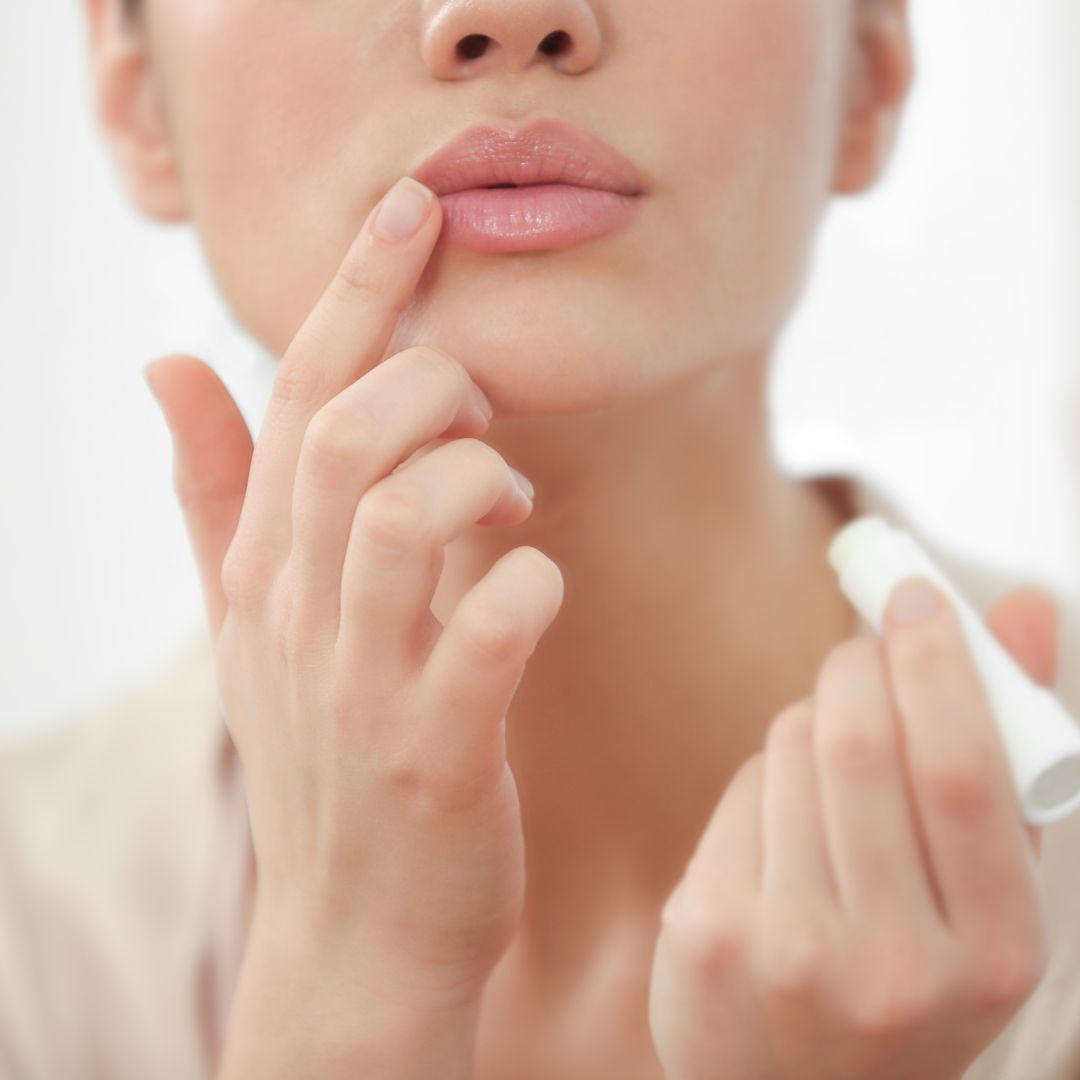Lip Service - The Importance of Lip Care & the Power of Organic Products
Posted by Naturally Safe Cosmetics on 24th May 2024
(2 ½ minute read)
Our lips are an important feature of our face. Of course, they play a vital role in communication (when talking, for example) and expression (when smiling or scowling, etc.). The condition and appearance of our lips can also affect our confidence. Despite all of this, we often neglect our lips when it comes to our daily skincare regimes. The problem for lips is that they do not have oil glands. This means they are susceptible to dryness, cracking and environmental damage from the sun, wind and colder temperatures. Naturally, no-one wants dry, cracked or flaky lips - they don’t look good, they don’t feel good and they can hurt, too! That’s why it’s important to make lip care a part of your daily routine.
Lip Goals
- Hydration and moisture: regular use of a lip balm helps lock in moisture and prevent dryness, keeping lips soft and supple
- Protection: lip balms with SPF shield lips from harmful UV rays, reducing the risk of sunburn and premature ageing
- Reduced signs of ageing: the delicate skin on lips is prone to fine lines and wrinkles - lip care products with antioxidant ingredients, like the Eco By Sonya Glory Lips, can help combat these signs of ageing
- Overall appearance: healthy, hydrated lips enhance your overall look and boost your confidence

Lips need special care to keep them in tip top condition. Image source: Canva
The benefits of organic lip care products:
- Gentle and soothing: organic ingredients are generally milder and less likely to cause irritation, especially for those with sensitive skin - unscented lip balms are a good option for sensitive skin, too
- Rich in nutrients: organic ingredients like shea butter, cocoa butter, coconut oil and beeswax are packed with vitamins and minerals that nourish and protect lips
- Sustainable choice: choosing lip balms from organic brands like Eco Lips and Hurraw! supports sustainable farming practices and minimises your environmental impact
How to look after your lips
Morning: apply a lip balm with SPF 15 or higher - like the Hurraw! Sun Lip Balm - if you’re heading outdoors
Throughout the day: re-apply lip balm as needed, especially after eating, drinking, or spending time outdoors
Night-time: apply a thicker, more intensive lip balm for overnight repair - try the Hurraw! Moon Lip Balm with Blue Chamomile, Vanilla and Balsam Peru
Exfoliation: occasional gentle exfoliation of lips removes dead skin cells, promoting smoother, healthier lips and better absorption of lip care products – try gently exfoliating your lips with a sugar scrub - simply combine sugar with your favourite oil, e.g. olive oil, coconut oil or jojoba oil, or mix sugar with honey - another popular combo is sugar with ground coffee and coconut oil
Reap the benefits of regular lip care
By prioritising your lip care with organic products, you can achieve healthy, beautiful lips that are not only soft and supple but also protected from environmental damage. With a little effort and the right products, you can keep your lips feeling their best and looking their most radiant. So, what are you waiting for? Embrace the power of lip care and you, too, can kiss dry, chapped lips goodbye and enjoy a healthy, beautiful smile.
Bonus tips:
- Drink plenty of water throughout the day to stay hydrated from the inside out
- Avoid constantly licking your lips, as this can worsen dryness
- If you experience persistent chapped lips, consult a dermatologist to rule out underlying conditions
Disclaimer: Naturally Safe Cosmetics and the author are not health care experts. Any information, claims and recommendations in this article are of a general nature only and not intended to diagnose, treat, cure or prevent any disease or deficiency of the lips. If you are concerned about the health of your lips, please consult your GP or other health care professional.


